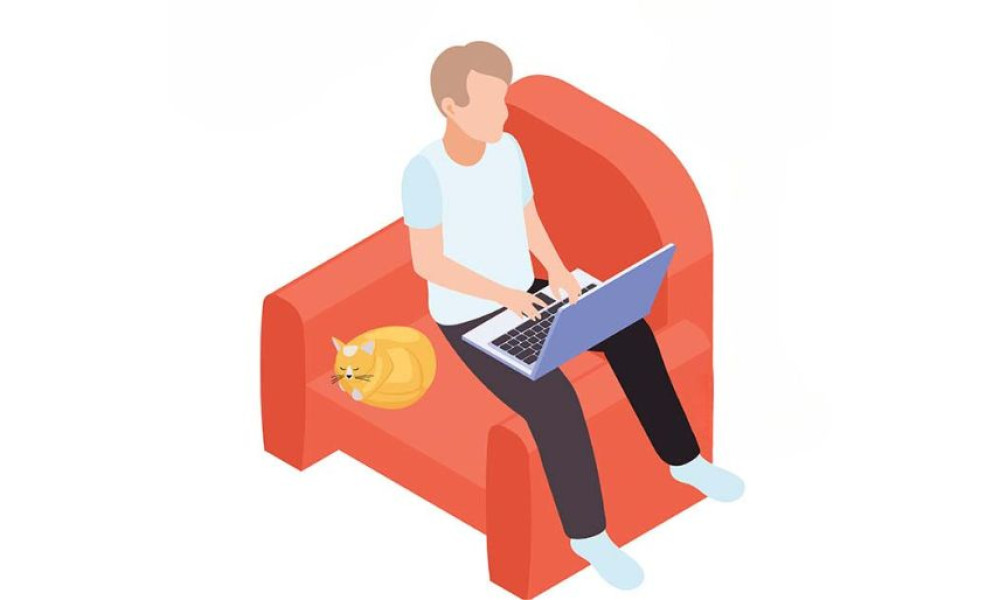In recent years, flexible work has shifted towards becoming the norm for many PSA members. With the pandemic proving that many jobs can be done successfully from home, and the shortage of workers making managers more open to requests for flexibility, there’s an opportunity to set new norms of how we work and improve our ability to balance work with other, more important parts of our lives.
While for many people flexibility has meant the ability to pop out and pick the kids up from school, or to work from home a couple of days per week, some PSA members are pushing the boundaries further still. This includes people going fully remote, with the ability to move to towns with more affordable housing while retaining jobs based in Wellington or Auckland.
Expanding flexible work
In a recent big step, PSA members at Ngā Taonga Sound & Vision, have recently pushed the boundaries of flexible working with a shift to a 32.5 hour (or four-day) working week – without a loss in pay.
Nell Woodward, a PSA member at Ngā Taonga, says the 4-day week was a major factor in her accepting her job in late 2022. “I feel a lot more rested after a three-day weekend than after a two-day weekend. I think I am more productive at work as well,” she told Te Mahinga Ora, “I like to use my Friday to catch-up on ‘life admin’ things – household chores, doctors appointments, gardening etc. I have enough time to catch-up on rest, catch-up on chores, and socialise with friends and family, whereas before I always felt like I had to choose just two of those things.”
Before committing permanently to a 4-day shift, Ngā Taonga ran a trial
This found a 30% improvement in staff wellbeing, and Nell’s example shows there are recruitment benefits as well, particularly for NGOs who may not be able to compete on salary with other organisations.
Research by 4 Day Week Global from 91 trials of the concept found that:
- 91% of organisations are continuing the four-day week after the trial
- for workers life and job satisfaction and physical and mental health went up and burnout and stress went down during the trial
- women saw greater improvement in outcomes than men
- time spent commuting (and by proxy carbon emissions) was reduced.
All this flexibility is an undeniable positive for the people who get to use it, but we do still need to be mindful. Some jobs are harder to make flexible – for instance, customer-facing roles may not be able to be done from home, and shift work is harder to duck out of for a 45-minute haircut in the middle of the day.
Having a broad menu of flexible options, rather than just focusing on one type of flexibility, gives us the best chance of everyone being able to benefit.


